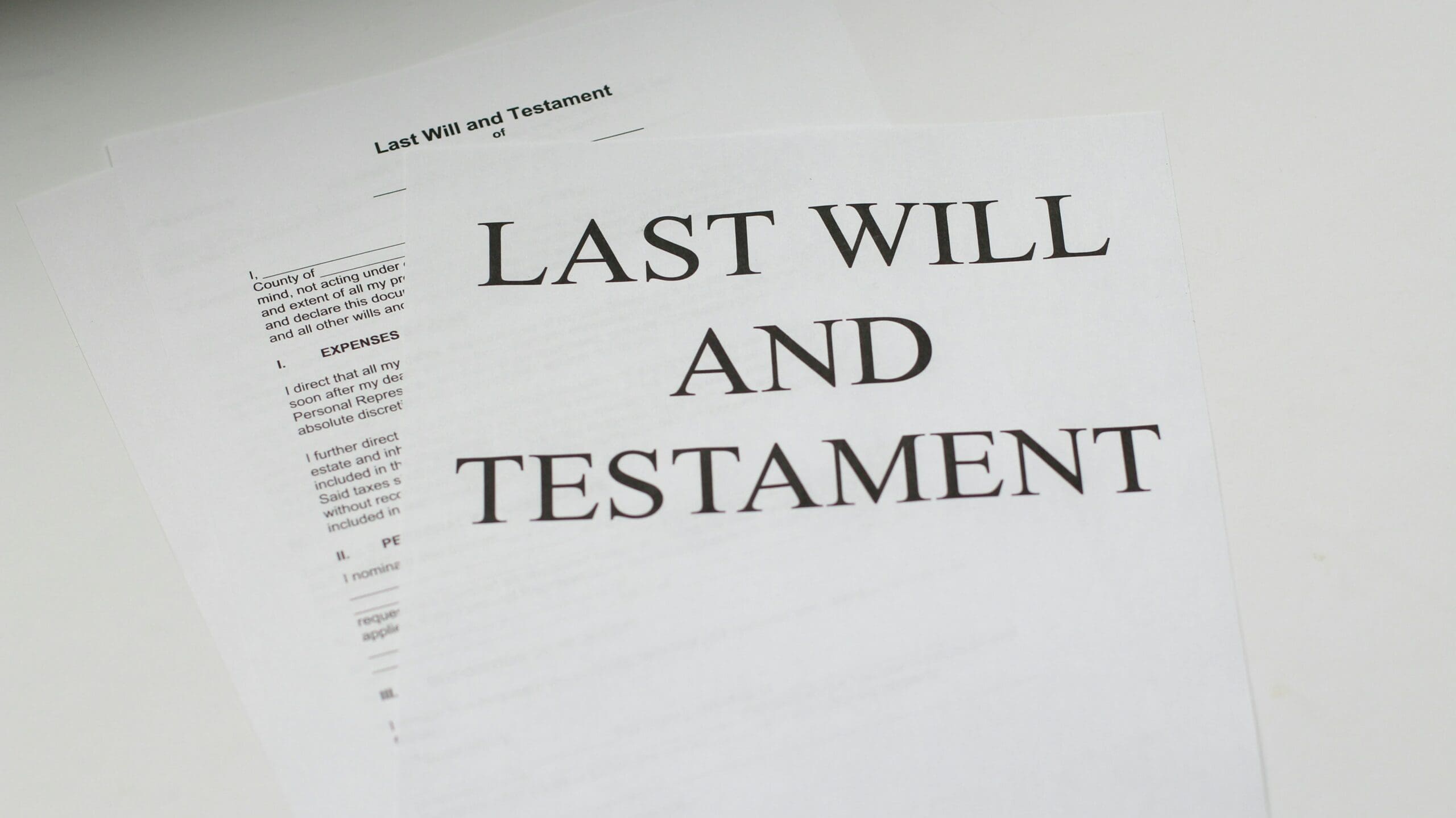Life is ever-changing, and with it, so too should your Will and estate plans. For high-net-worth individuals, the stakes are even higher, as the complexity of assets and financial situations can significantly impact the effectiveness of an outdated Will.
Regularly reviewing and updating your Will is not just a matter of ensuring your wishes are respected; it’s about safeguarding your legacy and protecting your loved ones from unnecessary legal complications.

Why Updating Your Will is Crucial for High-Net-Worth Individuals
Wills are not static documents—they are a reflection of your life and its various facets. Over time, personal and financial circumstances evolve, potentially rendering parts of your Will obsolete.
If your Will is outdated, it might include beneficiaries who are no longer part of your life, or it could exclude new assets or business ventures that need to be addressed.
This can lead to legal challenges, misunderstandings, and unintended consequences for those you care about.
For high-net-worth individuals, the complexity of assets like businesses, real estate, and trusts adds another layer of importance to keeping your Will up to date.
These assets are not only valuable but often come with specific legal considerations that must be addressed to ensure they are distributed according to your wishes.
- Outdated Information: Over time, the personal information in your Will, such as the names of beneficiaries or executors, might become outdated. This can lead to confusion and potential legal disputes.
- Legal Challenges: If your Will does not reflect current laws or your current financial situation, it might be contested, leading to lengthy and costly legal battles.
- Impact on Beneficiaries: An outdated Will can inadvertently harm the people you intended to protect, especially if your assets have significantly changed or if your relationships with certain beneficiaries have evolved.

Key Life Events That Trigger a Will Update
Certain life events act as clear signals that it’s time to revisit your Will.
These moments often bring significant changes to your personal or financial circumstances, necessitating an update to ensure your Will accurately reflects your current intentions.
- Marriage or Divorce: Entering into or dissolving a marriage is a major life event that should prompt an immediate review of your Will. In many jurisdictions, marriage can invalidate an existing Will, while divorce may not automatically remove an ex-spouse as a beneficiary.
- Birth or Adoption of Children: Welcoming a new child into your family is a joyous occasion, but it also requires you to update your Will to include provisions for their care and financial well-being.
- Significant Financial Changes: Whether you’ve acquired new assets, started a business, or experienced a major financial windfall, it’s important to update your Will to reflect these changes.
- Relocation: Moving to a new state or country can have legal implications for your Will, as different jurisdictions have different laws regarding estate planning.
- Death of a Beneficiary or Executor: If someone named in your Will as a beneficiary or executor passes away, you’ll need to update your Will to remove or replace them.
These key life events are critical moments where an outdated Will could fail to carry out your wishes, making it essential to keep your Will current.
Financial Milestones for High-Net-Worth Individuals
For those with substantial wealth, financial milestones can significantly impact estate planning.
As your wealth grows and diversifies, your Will needs to evolve to accommodate these changes and ensure your assets are distributed according to your wishes.
- Business Ventures: Starting, selling, or acquiring a business is a major financial milestone that should be reflected in your Will. The ownership structure, potential future earnings, and succession plans all need to be clearly outlined.
- Changes in Investment Portfolios: High-net-worth individuals often have complex investment portfolios that include stocks, bonds, real estate, and other assets. Any significant changes in these investments should prompt a review of your Will to ensure that your estate plan still aligns with your financial goals.
- Receiving Inheritances: If you inherit a substantial amount of money or assets, it’s crucial to update your Will to include these new assets and determine how they will be distributed.
- Charitable Contributions: Philanthropy is often an important part of estate planning for high-net-worth individuals. If you intend to leave a portion of your estate to charity, or if your charitable intentions have changed, this should be clearly reflected in your Will.
These financial milestones not only affect the size of your estate but can also influence tax planning and asset protection strategies, making it essential to regularly review and update your Will.

Legal Considerations for High-Net-Worth Estate Planning
Estate laws are constantly evolving, and what might have been a sound estate plan a few years ago could now be outdated.
Regularly updating your Will ensures that it remains compliant with current laws and that your assets are protected from unnecessary taxes and legal challenges.
- Changes in Estate Laws: Tax laws, inheritance laws, and other regulations affecting estate planning can change over time. Keeping your Will updated ensures that it takes advantage of current laws to minimise taxes and protect your assets.
- Tax Implications: High-net-worth individuals need to be particularly aware of the tax implications of their estate plans. Changes in tax laws, both at the federal and state levels, can significantly impact how much of your estate is passed on to your heirs.
- Asset Protection Strategies: Protecting your assets from creditors, lawsuits, and other risks is a key consideration in estate planning. As your financial situation evolves, your Will should be updated to include strategies that safeguard your wealth.
Practical Steps to Update Your Will
Updating your Will doesn’t have to be a daunting task. By following a few practical steps, you can ensure that your Will remains accurate, up-to-date, and reflective of your current wishes.
- Consult Legal Experts: The first step in updating your Will is to consult with an experienced estate planning lawyer. They can provide guidance on the legal implications of any changes you need to make and help ensure that your Will is legally sound.
- Set a Schedule for Periodic Reviews: It’s a good practice to review your Will every few years or whenever a major life event occurs. This ensures that your Will remains up to date and reflects your current circumstances.
- Maintain Documentation: Keep all relevant documents, such as financial statements, business agreements, and other legal documents, organised and accessible. This makes it easier to update your Will and ensures that your executor has all the information they need.
Final Words
In estate planning, the final steps are just as important as the initial ones. Ensuring your Will remains current with evolving circumstances is vital to protecting your loved ones and your legacy. Regular updates can prevent costly legal challenges and ensure your intentions are clearly understood.
Why Consult Matthies Lawyers?
- Personalised advice tailored to your unique needs
- Expertise in complex financial and legal situations
- Proactive strategies to keep your estate plan effective and compliant
Don’t leave your future to chance, contact Matthies Lawyers today for expert guidance.

